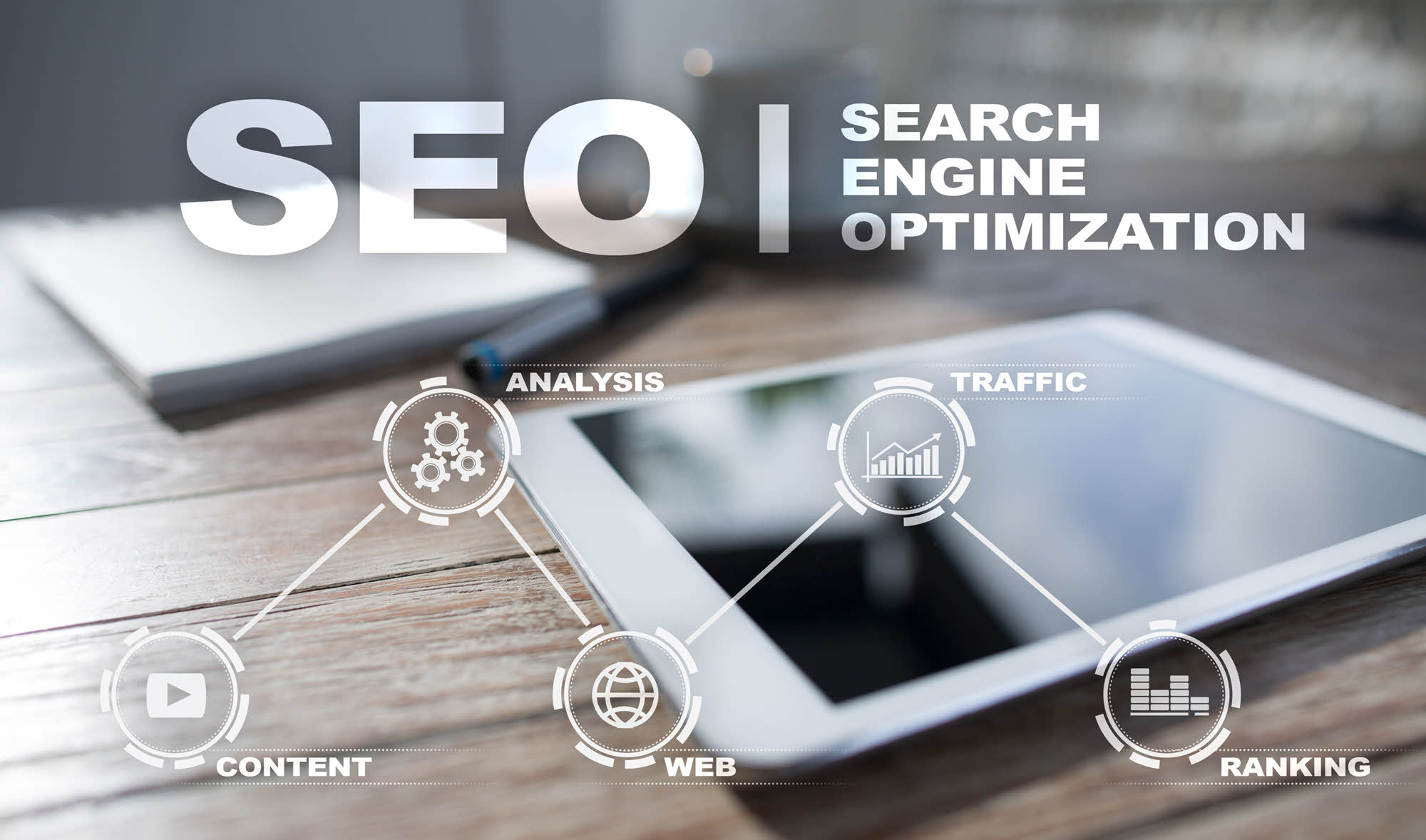SEO – Search Engine Optimization
Boost Visibility, Drive Qualified Traffic, Grow Online Success

The Search For You
They typed in words, a quest to see,
A name, a thought, they searched for me.
Through tangled links and endless scroll,
But never did my page unfold.
They wandered blind, lost in the maze,
Through broken paths and foggy haze.
I lingered there, but out of sight,
A shadow fading, waning in the night.
Keywords missed, so far from view,
The searchers sought, but never knew,
That I was there, far from each,
Unknown, untouched, so hard to reach.
But with the right words, clear and true,
I’ll rise up fast, found by you.
For now, I wait in silence deep,
While search engines view me as fast asleep.

Website Search Engine Optimization
Website Search Engine Optimization
Technical Optimization
Fast Loading Speed
- Use lightweight themes and plugins.
- Enable caching (via plugins like W3 Total Cache or WP Super Cache).
- Optimize images with compression tools (e.g., Smush or ShortPixel).
- Implement a Content Delivery Network (CDN) for global reach.
Mobile-Friendliness
- Use responsive WordPress themes.
- Test mobile performance via Google’s Mobile-Friendly Test.
Secure and Reliable Hosting
- Choose a reliable hosting provider with good uptime.
- Install SSL certificates for HTTPS (SEO ranking factor).
Structured Data and Schema Markup
- Implement schema markup for better visibility in search results using plugins like Yoast SEO or Schema Pro.
- Use structured data to enhance rich snippets (e.g., reviews, FAQs).
On-Page SEO
Keyword Optimization
- Conduct thorough keyword research using tools such as Wincher or Google Keyword Planner.
- Include primary keywords in title tags, meta descriptions, headers (H1, H2), and naturally throughout content.
Title Tags and Meta Descriptions
- Write compelling and optimized title tags within 60 characters.
- Create engaging meta descriptions that encourage click-throughs (under 160 characters).
Internal Linking
- Link to relevant content within your site to improve crawlability and engagement.
Image SEO
- Use descriptive filenames and add alt text to images.
- Optimize image size to enhance load times without sacrificing quality.
Content-Length and Quality
- Write in-depth, high-quality content (typically over 1,000 words).
- Ensure content is informative, engaging, and provides value to the audience.
Header Tags (H1, H2, H3)
- Use headers to structure your content and make it easier for users and search engines to read.
Off-Page SEO
Backlink Strategy
- Build high-quality backlinks from reputable sites.
- Focus on guest posting, collaborations, and outreach campaigns.
- You may also want to consider our Dedicated Marketing Website program.
Social Signals
- Promote blog posts and pages via social media platforms to drive traffic and engagement.
Citations and Mentions
- Ensure accurate business listings across online directories.
- Get mentions from industry influencers and authoritative sites.
Content Strategy
Regular Blog Posting
- Post fresh, high-quality content consistently.
- Create diverse content formats (blogs, videos, infographics).
- Target Long-Tail Keywords: Use long-tail keywords for better targeting and less competition.
- Content Updates and Refreshing
- Update old blog posts to keep content relevant.
- Add new insights, data, and visuals to older posts.
Create Cornerstone Content
- Build comprehensive, cornerstone content that is highly valuable and links to smaller, related posts.
Engagement and Readability
- Improve readability by using short paragraphs, bullet points, and clear language.
- Add multimedia (videos, images) to make content more engaging.
- User Experience and Engagement
- Bounce Rate and Time on Page
- Improve user experience to reduce bounce rates by keeping users on the site longer.
- Use engaging formats like quizzes, interactive tools, or videos.
Site Navigation and Structure
- Keep site navigation intuitive and user-friendly.
- Use clear menus and breadcrumbs for better usability.
Call-to-Actions (CTAs)
- Place clear CTAs to guide users toward conversions.
- Ensure forms, buttons, and contact information are easy to access.
Plugin Optimization
SEO Plugins
- Use plugins like Yoast SEO or Rank Math to guide on-page SEO improvements.
Caching Plugins
- Implement caching with plugins like LiteSpeed Cache for speed.
Redirection and Broken Links
- Use redirection plugins to manage broken links and avoid 404 errors.
- Set up proper 301 redirects for removed or outdated pages.
Performance Monitoring and Continuous Improvement
Analytics and Tracking
- Use Google Analytics and Google Search Console to monitor performance and identify issues.
- Track metrics like traffic, keyword rankings, bounce rate, and conversion rates.
A/B Testing
- Continuously experiment with different content formats, titles, and layouts to improve click-through rates and conversions.
Regular Audits
- Conduct regular SEO audits to identify opportunities for improvement (site speed, broken links, outdated content).
Local SEO (if applicable)
Google My Business
- Set up and optimize your Google My Business profile for local visibility.
Local Keywords
- Use location-specific keywords in content, meta tags, and descriptions.
NAP Consistency
- Ensure your Name, Address, and Phone (NAP) information is consistent across all platforms and listings.
Focusing on these technical, content, and optimization factors can significantly improve a WordPress website’s search engine rankings and visibility.
A Global Reach

